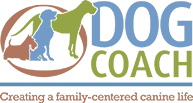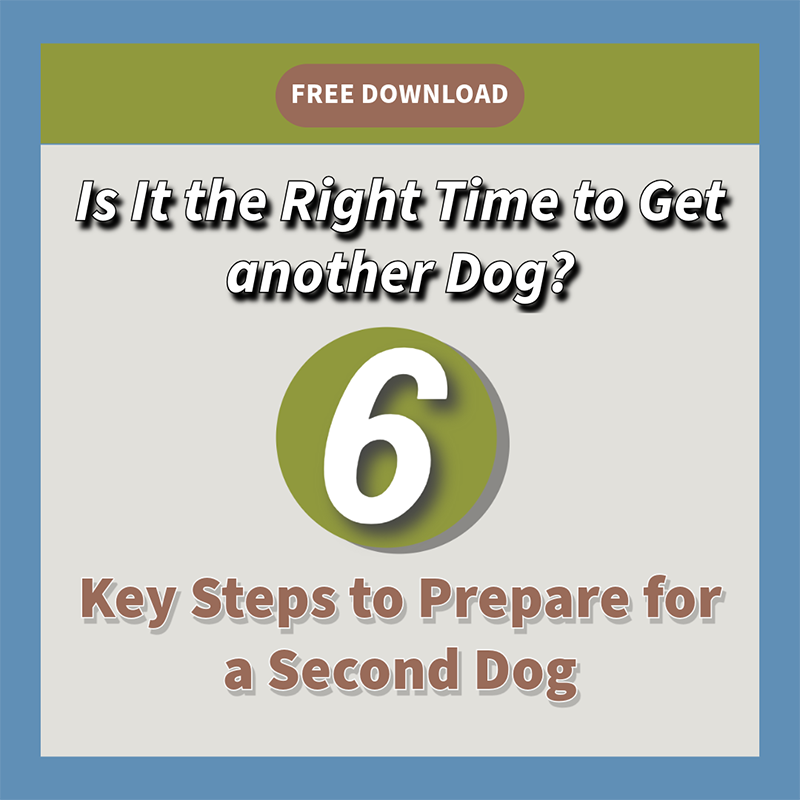Healthy dog play can sometimes look rough and tumble and fierce and that isn’t necessarily a bad thing. But if you are concerned about it, your dog may indeed be playing too rough. Managing off-leash playtime with other dogs can be a real issue.
Quick Tips for Rough Dog Play
Perfect your recall
- Use a 20-foot longline practice in a fenced area to train your dog to come to you when called.
Learn the Power of “No”
- Practicing the basic boundary command “no” will help you manage playtime and is crucial to moderating rough playtime. Practice will gain respect from your dog.
Start small with one playdate
- Plan a playdate with a single dog and owner you know and trust, starting on leash, and working your way up to a play session off-leash.
Think twice about dog parks and read our 10 things to do instead of going to a dog park
- Many dogs at parks are not on their best behavior. Going to a dog park can encourage rough dog play.
Manage playtime
- When you remain an active manager of healthy, respectful play situations, you are the leader. Standing up for/ advocating for your dog is a key responsibility of pet ownership and keeping your dog safe.
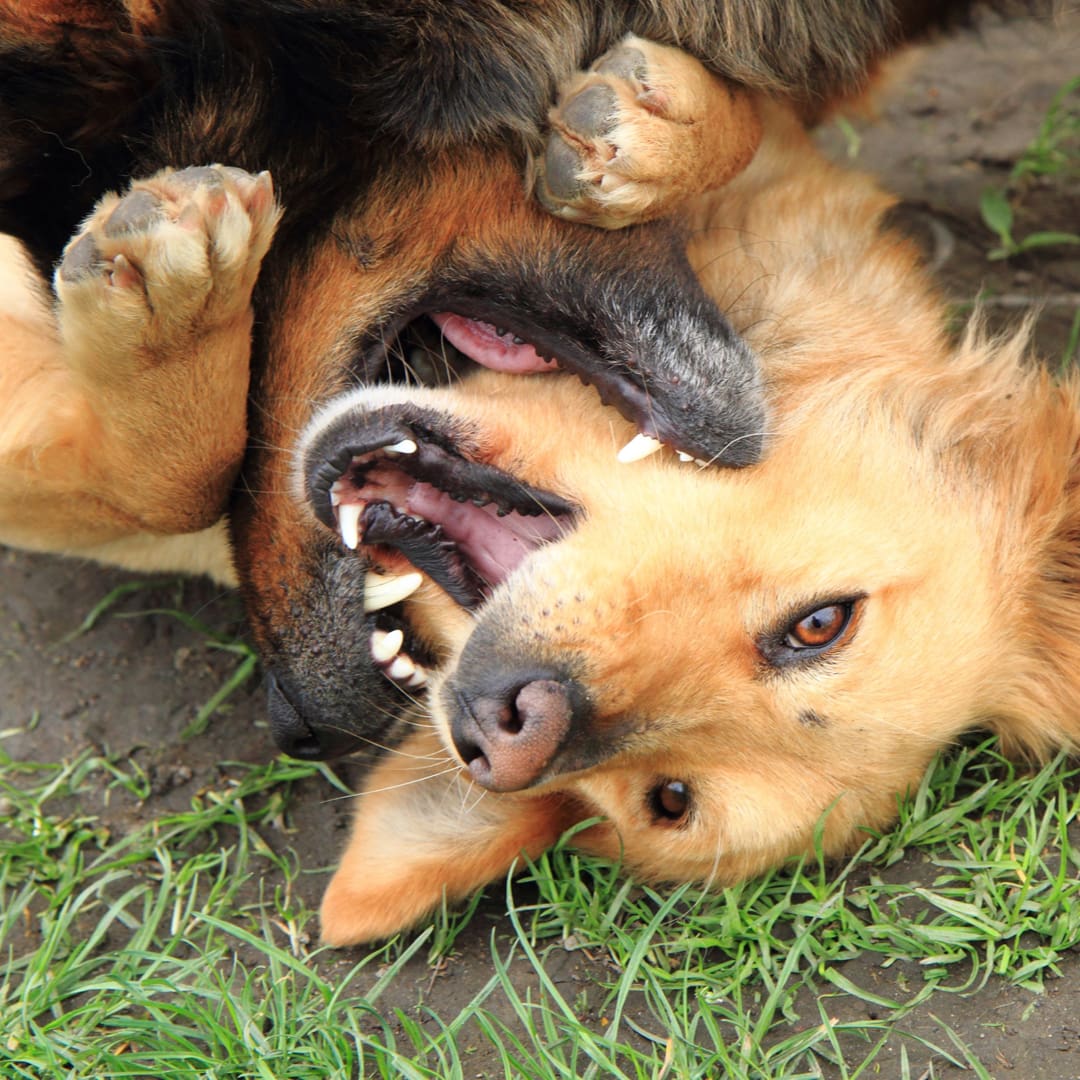
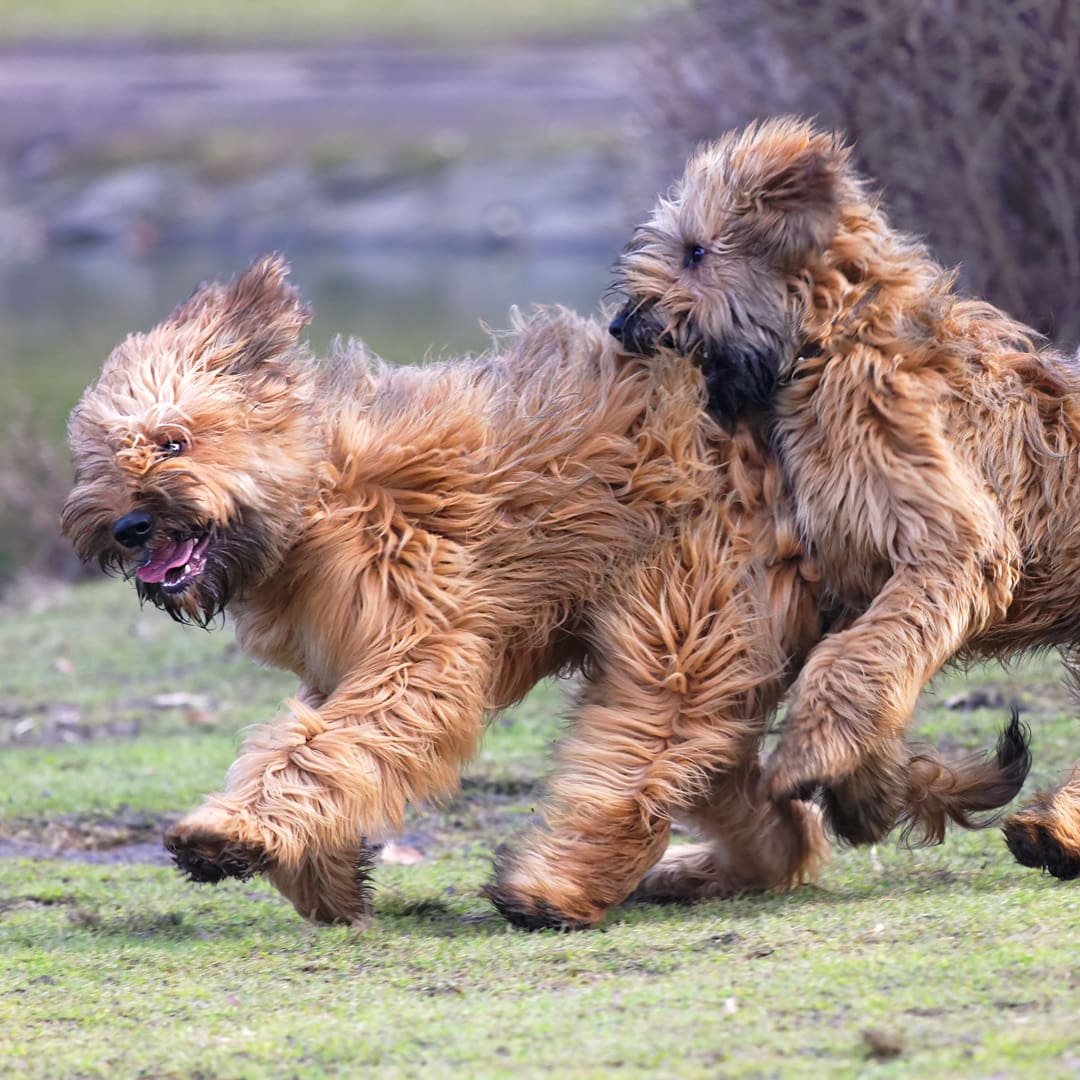
Training for Socialization
It takes practice before your dog is ready to socialize off-leash with other dogs. Starting with basic obedience training dogs begin to learn what we expect of them when off-leash, especially around big distractions like other dogs wanting to play. We recommend practicing recall with a long time in the vicinity of other big distractions like at the park. If you don’t feel comfortable letting your dog play or feel the situation get out of control, call your dog back. Read our full guide to socialization: How to Have a Well-Socialized Dog.
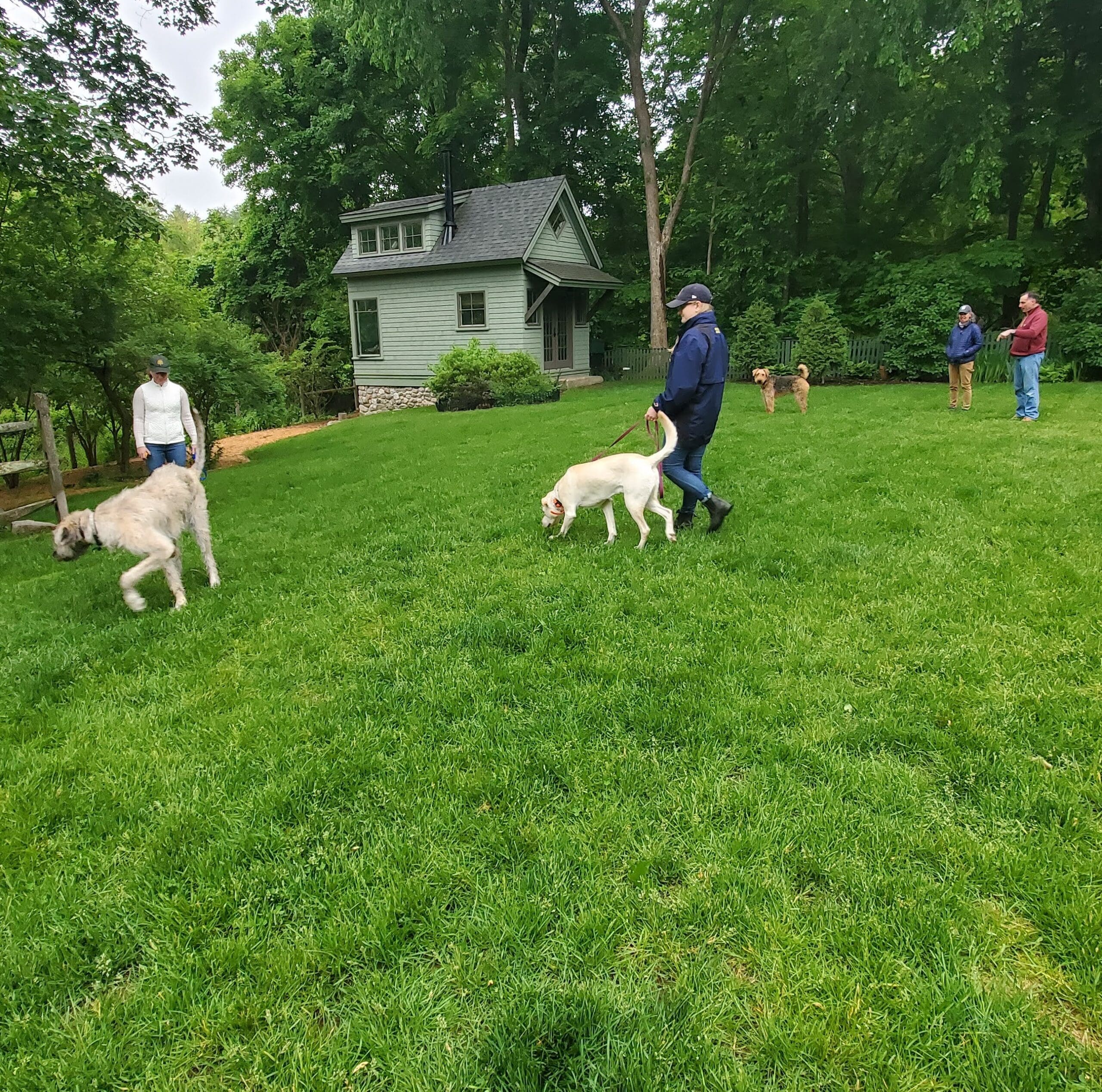
Recognizing When to Step In
Dogs need us to step in at different times and remove them from a rough play situation, much like a referee or a parent supervising at the playground. Basic obedience training and building a relationship with your dog are important steps to accurately reading his body language around other dogs.
Some dogs can only handle a couple of minutes of play with other dogs before ramping up and getting out of control. Others can play nicely for longer periods. It’s your responsibility to read your dog’s body language and be aware of the tendencies that require your referee skills. Stop excessive rough play just before it escalates. This takes careful watching of your dog at play and the foundational training to be able to remove your dog at the right time.
Just by calling your dog back to you, away from another dog, reestablishes your control and becomes a check-in with your dog. Recall command maintains a focus on you as the owner and leader of your dog. Practice this: recall your dog, give a big praise when he comes straight back to you, and then release him to return to the good play situation you called him out of. That’s a training loop that can have strong success.
Skip the Dog Park
Dog parks can be a good concept but unfortunately are not the best place to train your dog how to have fun. Some owners feel that they are a place for dogs to blow off steam, run free, get charged up, and avoid any supervision. Going to a dog park encourages rough dog play when other owners abdicate their responsibility for dog management. Dog parks can compromise all the training you’ve done to get your pet into a calm manageable state of mind. You may even feel compelled to manage other owners’ badly behaved dogs, which may put you in a difficult conversation with those owners. For this reason, we do not recommend dog parks for training good playtime habits. 10 Things to Do Instead of Going to the Dog Park
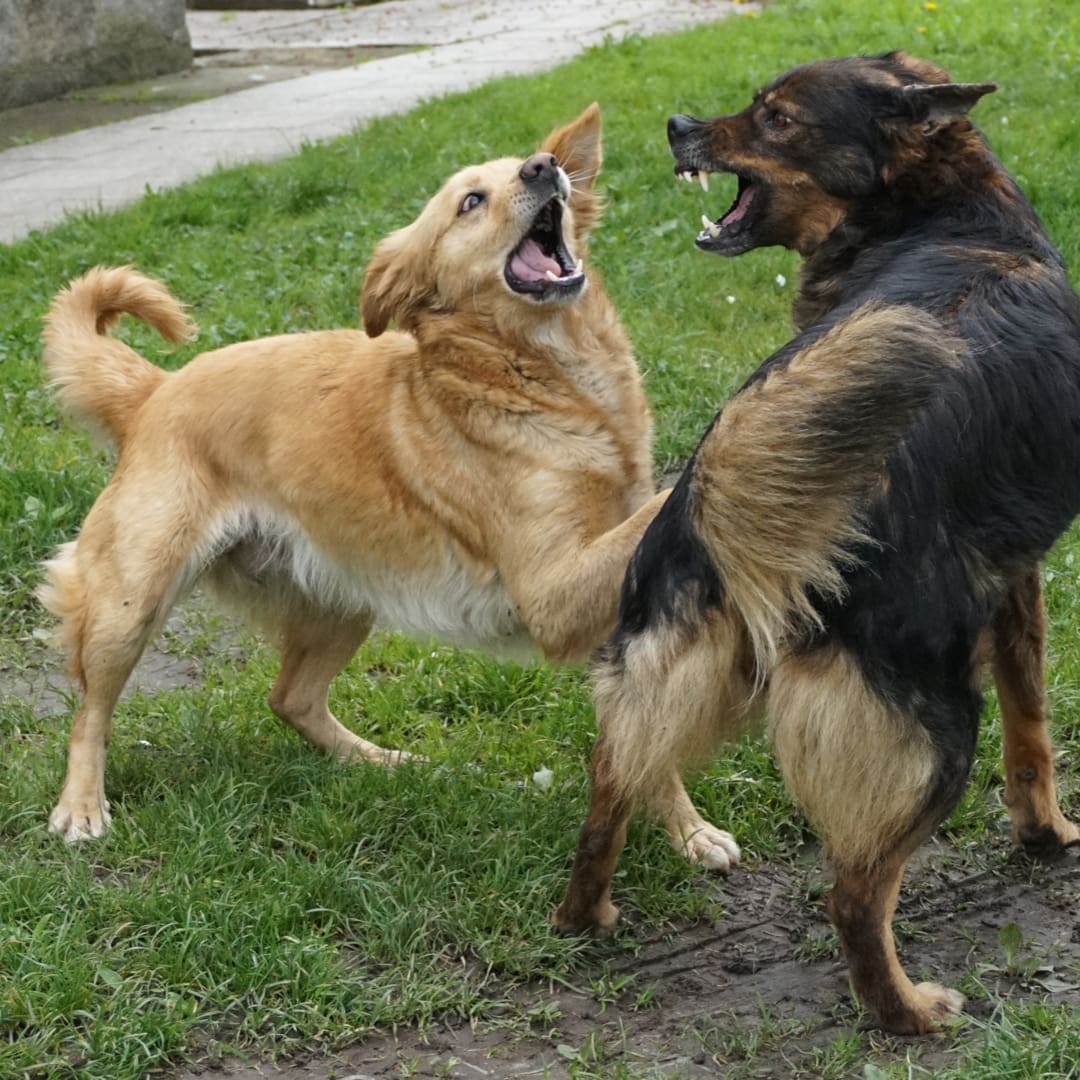
Learn to Trust Your Dog
Learn to trust your dog and know his needs for reasonable playtime. But have him earn that playtime with respect for your control. When you choose respectful play situations for your dog you are standing up for the major value of training your dog. By advocating for your pet you will begin to see more respect and appreciation for your commands and will develop a relationship built on healthy play.
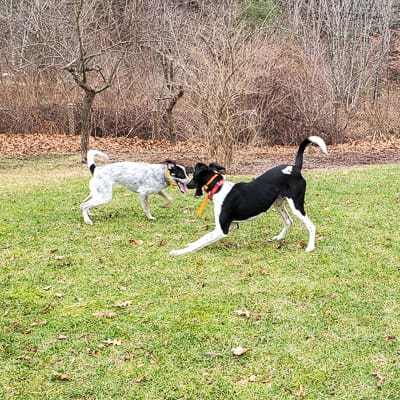
Now Offering Training in Somerville, Cambridge, Medford & Surrounding Area!
See the full list of areas served
Our In-Person Programs
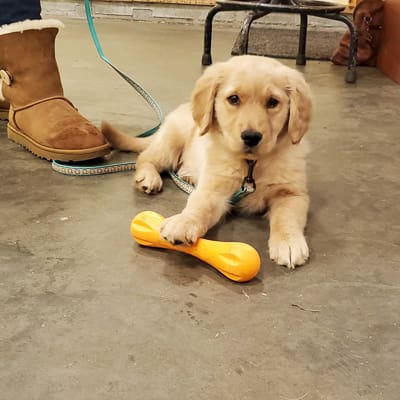
Team Puppy Training
Encourages your leadership and show how you to nurture good behavior.
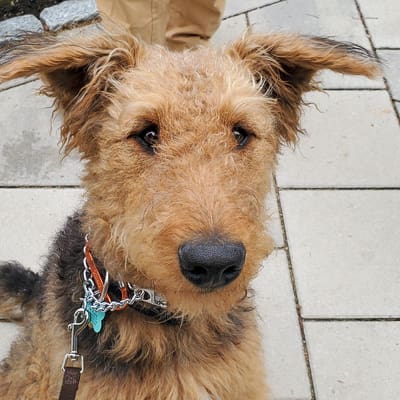
Foundation Training
Covers the basics of good dog behavior as well as some behavior modification.
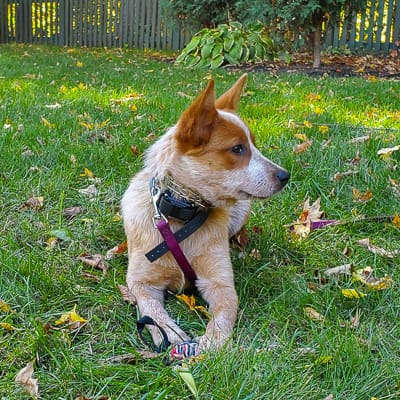
Remote Collar Training
Foundation Training with e-collar for total off-leash freedom and behavior modification.
What our clients have to say...
Dog Coach listened carefully and observed keenly my interaction and tone of voice with Bella. At nearly 6 months now, she is the best-trained dog I've had. It was a worthwhile experience!
We want to thank Dog Coach for your patience and encouragement! Our dogs are really coming into their own as the perfect family dogs we were looking for!
Such a great investment! We got a puppy and had a toddler... It was overwhelming at first. Working with Dog Coach has been the gift that keeps on giving.
